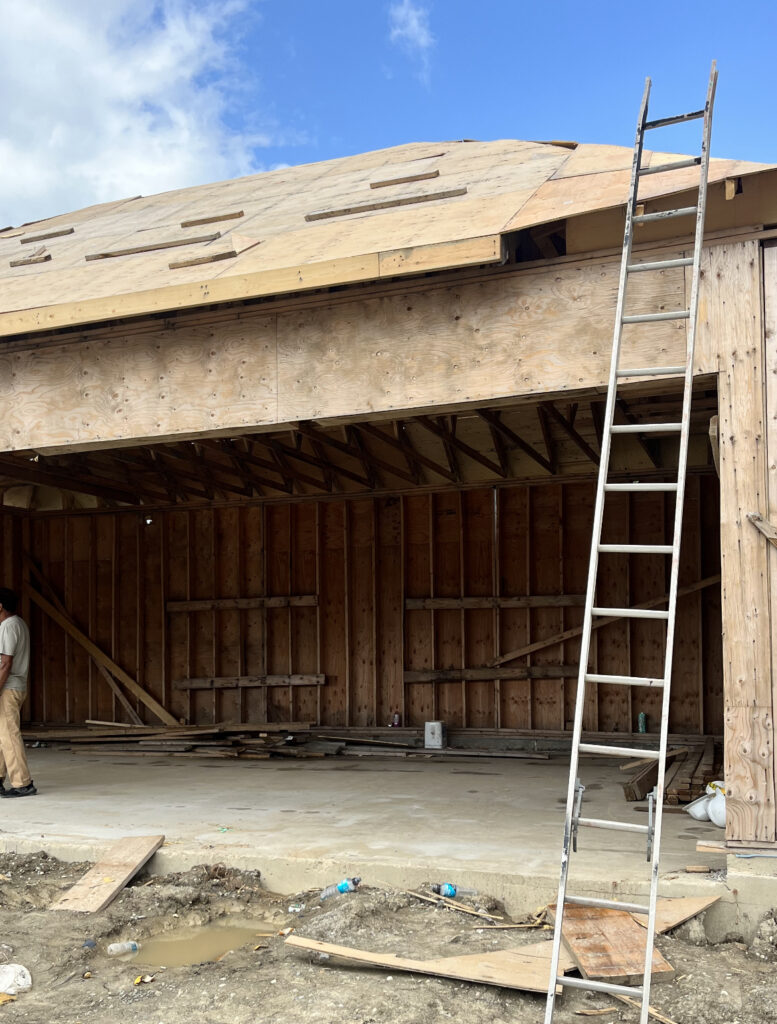Installing a new garage door is a home improvement project that can enhance the aesthetics and functionality of your property. However, homeowners often wonder whether obtaining a permit is necessary for this type of upgrade. In this informative guide, we’ll walk you through the factors that determine whether you need a permit to install a new garage door and the steps to ensure a smooth installation process while adhering to local regulations.
Understanding the Need for a Permit:
- Local Regulations: Building codes and regulations vary from one municipality to another. Some areas require permits for any modifications to your home, including garage door installations, while others may exempt certain types of door replacements.
- Structural Changes: If your new garage door installation involves any structural changes, such as altering the opening’s size, you are more likely to need a permit. This is especially true if you’re switching to a larger door or altering the door’s configuration.
- Electrical Components: If your new garage door features automatic opening mechanisms, security systems, or lighting that requires electrical work, a permit may be necessary to ensure compliance with electrical codes.
Determining if You Need a Permit:
- Check Local Guidelines: Start by visiting your local building department’s website or contacting them directly to understand their requirements for garage door installations. They will provide specific information on whether a permit is needed.
- Consult Professionals: If you’re uncertain, it’s wise to consult with a garage door installation professional. They are experienced in navigating local regulations and can advise you on whether a permit is necessary.
Steps to Obtain a Permit:
- Visit the Building Department: If a permit is required, visit your local building department to obtain the necessary paperwork. They will guide you through the application process and provide information about fees.
- Submit Documentation: You’ll likely need to submit documents such as the installation plans, door specifications, and any electrical work details if applicable. Ensure that your application is complete to prevent delays.
- Approval Process: The building department will review your application to ensure it aligns with local codes and regulations. If everything is in order, you’ll receive the permit to proceed with the installation.
Benefits of Obtaining a Permit:
- Compliance: Obtaining a permit ensures that your garage door installation adheres to safety and structural standards set by your local jurisdiction.
- Resale Value: Permitted improvements can enhance your home’s resale value, as potential buyers appreciate the assurance that work was done in compliance with regulations.
- Avoid Penalties: Non-compliance with permitting regulations can result in fines, penalties, and even the requirement to remove the non-permitted work.
While the need for a permit to install a new garage door varies based on local regulations and the scope of your project, it’s always best to err on the side of caution. Consulting with professionals and checking with your local building department will help ensure a hassle-free installation process that complies with codes and regulations. Whether or not a permit is required, investing in a professional installation is key to enjoying a safe and smoothly functioning garage door.
Contact us at (647) 424-3555

